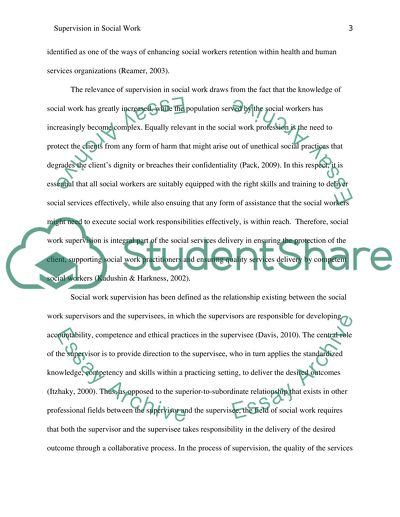Cite this document
(“Supervision Topic of Issue Research Paper Example | Topics and Well Written Essays - 2500 words”, n.d.)
Supervision Topic of Issue Research Paper Example | Topics and Well Written Essays - 2500 words. Retrieved from https://studentshare.org/miscellaneous/1689064-supervision-topic-of-issue
Supervision Topic of Issue Research Paper Example | Topics and Well Written Essays - 2500 words. Retrieved from https://studentshare.org/miscellaneous/1689064-supervision-topic-of-issue
(Supervision Topic of Issue Research Paper Example | Topics and Well Written Essays - 2500 Words)
Supervision Topic of Issue Research Paper Example | Topics and Well Written Essays - 2500 Words. https://studentshare.org/miscellaneous/1689064-supervision-topic-of-issue.
Supervision Topic of Issue Research Paper Example | Topics and Well Written Essays - 2500 Words. https://studentshare.org/miscellaneous/1689064-supervision-topic-of-issue.
“Supervision Topic of Issue Research Paper Example | Topics and Well Written Essays - 2500 Words”, n.d. https://studentshare.org/miscellaneous/1689064-supervision-topic-of-issue.


